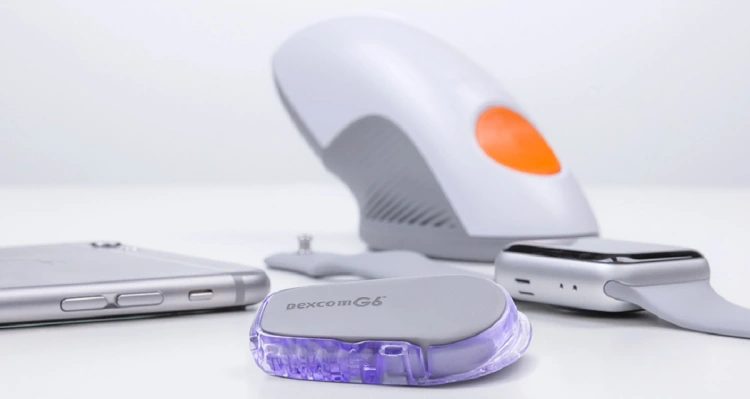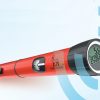
Diabetes is a chronic condition that affects millions of people worldwide. One of the most crucial aspects of diabetes management is monitoring blood glucose levels to prevent complications. Traditionally, people with diabetes have had to use fingerstick tests to monitor their blood glucose levels. However, with the development of continuous glucose monitoring (CGM) systems, monitoring blood glucose levels has become more convenient and accurate. In this article, we’ll explore the significance of glucose sensors in diabetes management, using Dexcom sensors as an example.
What are glucose sensors?
Glucose sensors are small devices that are used to monitor blood glucose levels. These devices use a tiny sensor inserted under the skin to continuously measure glucose levels in the interstitial fluid (fluid between cells) instead of blood. Glucose sensors can be used in two different ways: standalone CGM systems or as a component of an insulin pump.
The significance of glucose sensors in diabetes management
Continuous glucose monitoring is an essential tool for diabetes management as it provides a more accurate and comprehensive picture of blood glucose levels. Glucose sensors can provide real-time data, allowing people with diabetes to make informed decisions about their diabetes management. CGM systems also provide alerts for low and high glucose levels, reducing the risk of severe hypoglycemia or hyperglycemia.
Dexcom sensors
Dexcom is one of the leading manufacturers of CGM systems, offering a range of sensors to meet different needs. The Dexcom ONE is one of their latest sensors, providing real-time glucose readings every five minutes. The sensor is worn on the abdomen, upper buttocks, or back of the upper arm, and it can be used for up to ten days. The Dexcom ONE system does not require fingerstick calibrations, making it more convenient than other CGM systems.
Conclusion
Glucose sensors, such as Dexcom sensors, have revolutionized diabetes management by providing more accurate and comprehensive glucose monitoring. CGM systems have helped reduce the risk of severe hypoglycemia and hyperglycemia and have allowed people with diabetes to make informed decisions about their diabetes management. The Dexcom ONE is an excellent example of a glucose sensor that provides real-time data and data-sharing capabilities, making it an essential tool for diabetes management.

